News
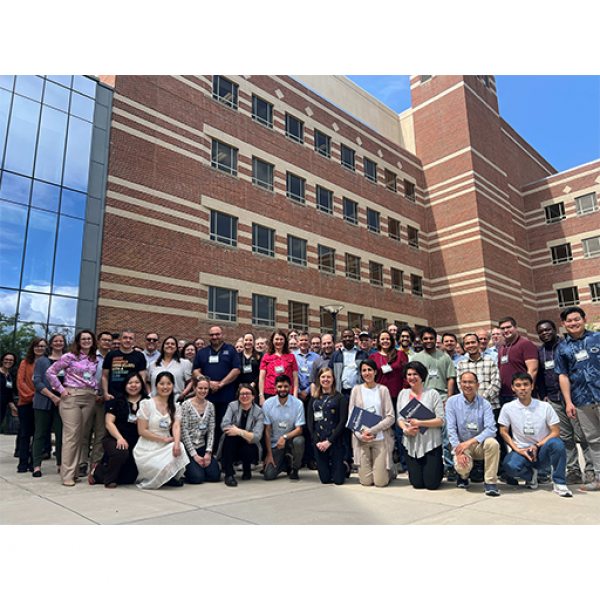
May 23, 2025
Penn State agricultural technology event aimed at ‘closing the innovation gap’
Penn State’s College of Agricultural Sciences will convene leaders from academia, industry, government and stakeholder networks for a symposium focused on accelerating agricultural innovation through cross-sector collaboration.
Full Article
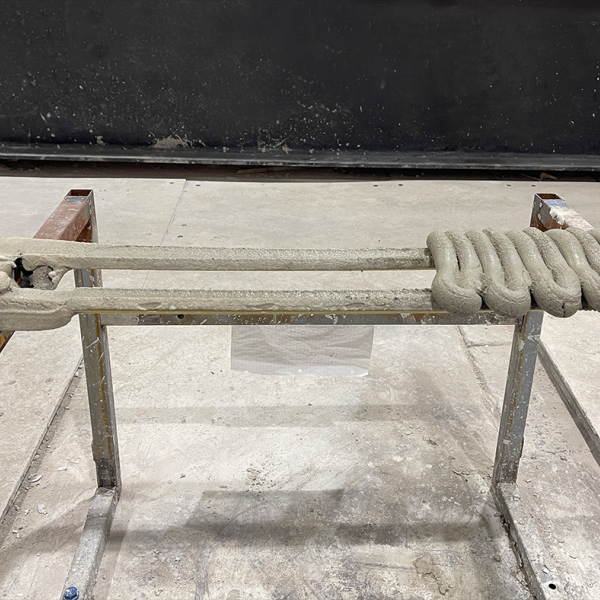
May 12, 2025
Manufacturing PA Innovation Program funds two Stuckeman-led research projects
Two projects led by Stuckeman School architecture researchers have garnered grants through the Pennsylvania Department of Community and Economic Development’s Manufacturing PA Innovation Program
Full Article
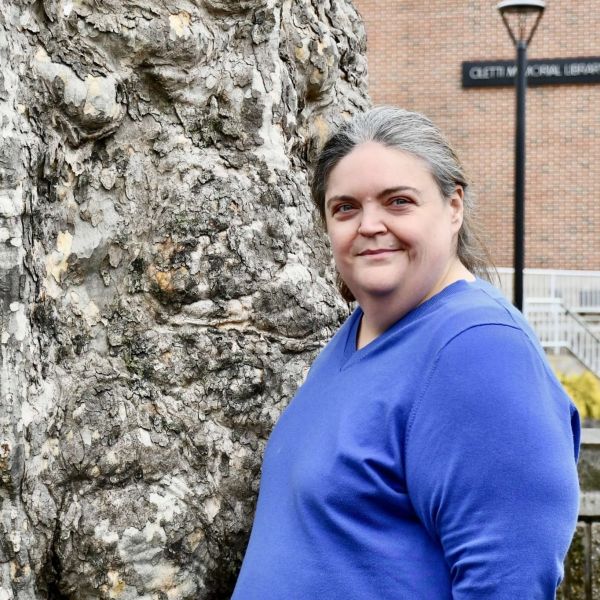
Apr 10, 2025
Penn State Schuylkill biologist recognized as a PERC Campus Sustainability Champion
The Pennsylvania Environmental Resource Consortium (PERC) has named Mary Ann Smith, lecturer of biology at Penn State Schuylkill, as a 2025 Campus Sustainability Champion.
Full Article
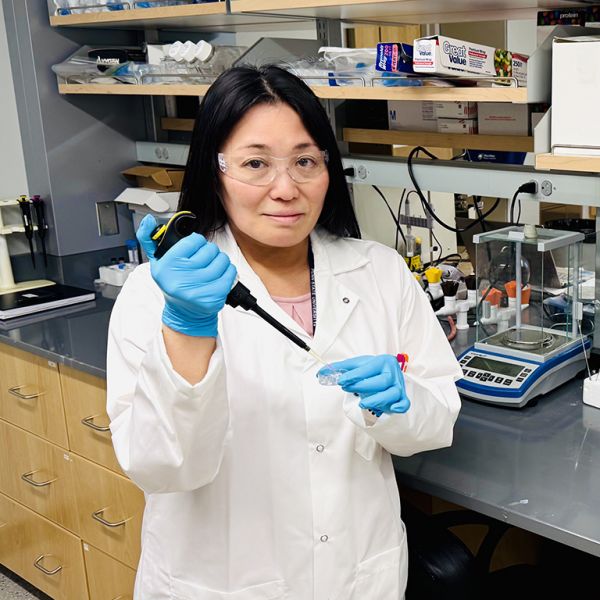
Apr 09, 2025
‘Patchy’ thermogels show next-gen biomedical material potential, scientists say
Special biomedical materials that can be injected as a liquid and turn into a solid inside our bodies — called thermogels — could provide a less-invasive way to deliver drugs or treat wounds. Scientists at Penn State have developed a new design for these materials that further improves their properties and may hold particular promise for use in tissue regeneration, the researchers said.
Full Article
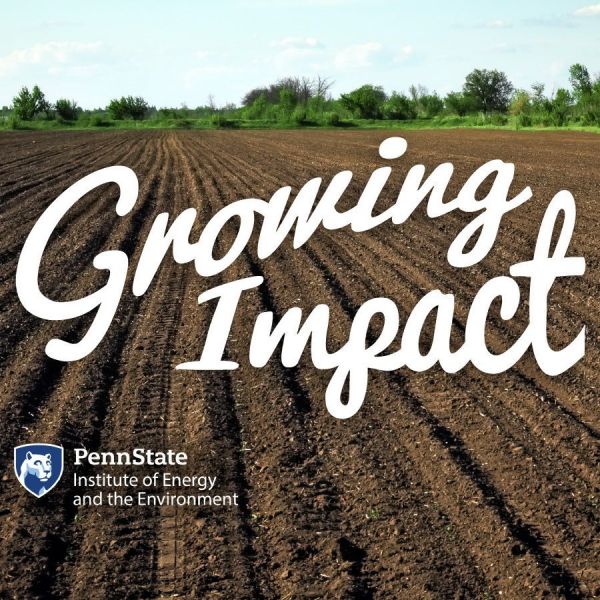
Apr 01, 2025
Researchers working to address agricultural greenhouse gas emissions
On the latest episode of “Growing Impact,” a team of Penn State researchers discusses how their seed grant project aims to address nitrous oxide emissions from the agricultural sector by developing a system for real-time emissions monitoring and reduction.
Full Article
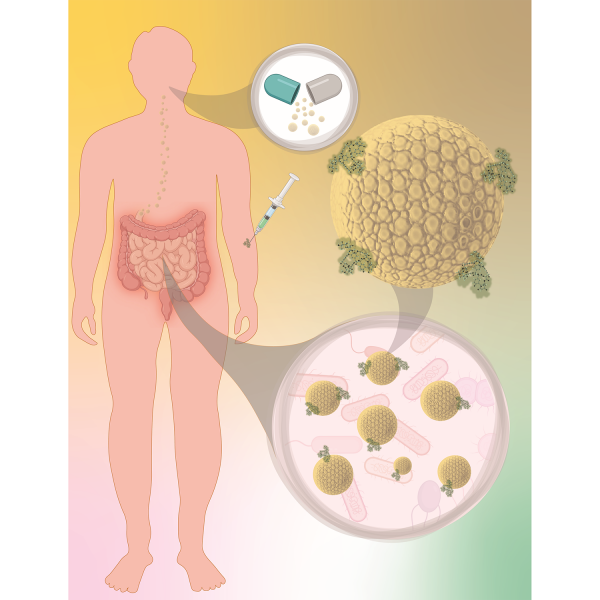
Mar 18, 2025
FDA-approved dialysis drug may help fight against antimicrobial resistance
The study, conducted in mice, revealed that sevelamer can successfully remove off-target antibiotics from the gut.
Full Article

Mar 17, 2025
Ag Sciences research institute SAFES funds projects addressing critical issues
Penn State’s College of Agricultural Sciences, through its Institute for Sustainable Agricultural, Food and Environmental Science, known as SAFES, announced funding awards to accelerate the advancement of its Critical Issues Initiatives. These initiatives serve as the college’s impact hubs, addressing urgent and high-impact challenges through targeted efforts and innovative projects.
Full Article
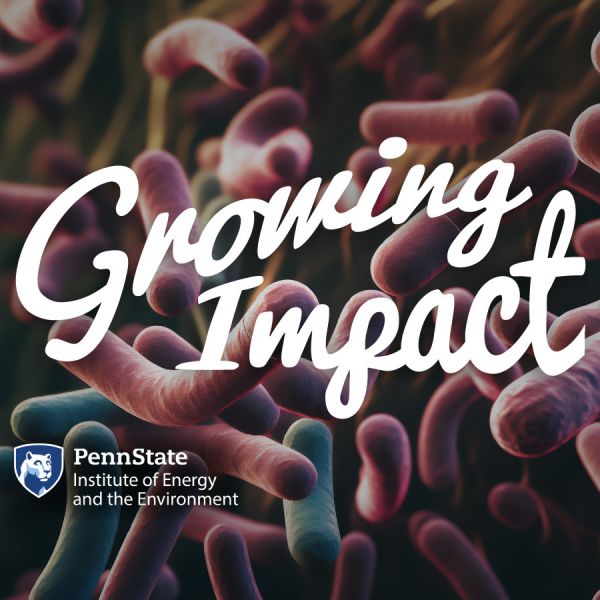
Mar 03, 2025
'Growing Impact' discusses environmental contaminants, human health
The latest episode of Growing Impact discusses how environmental contaminants affect human health, a research focus for Penn State professors Andrew Patterson and Costas Maranas.
Full Article
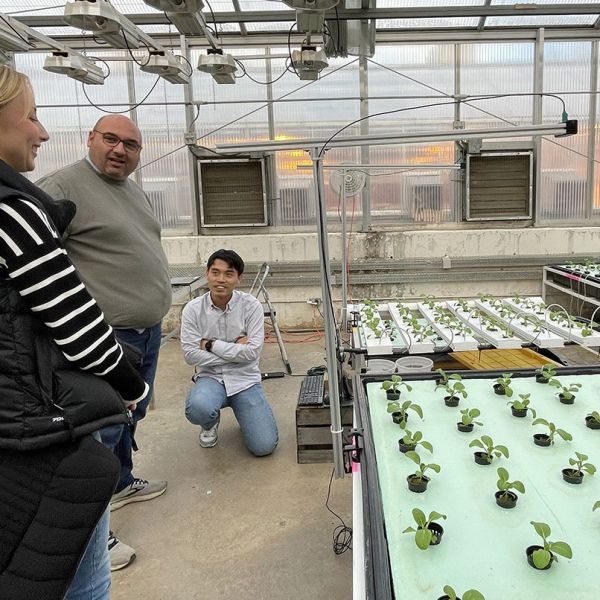
Feb 28, 2025
New computer vision system can guide specialty crops monitoring
The technology applies an internet of things and artificial intelligence to enhance controlled environment agriculture in advanced greenhouse scenario.
Full Article
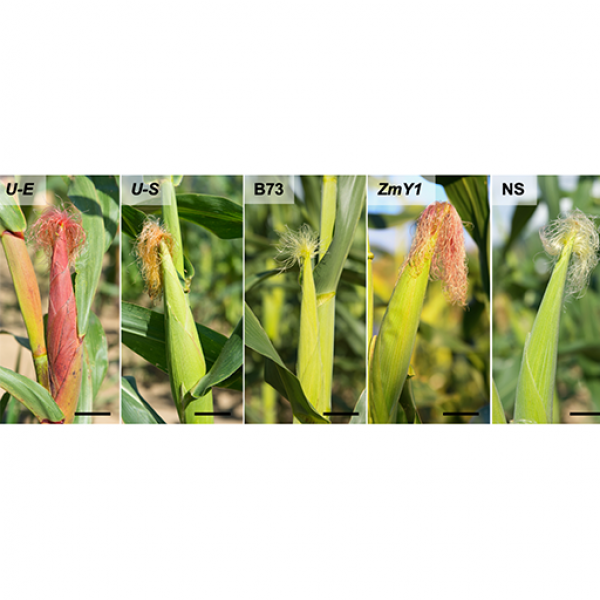
Feb 20, 2025
Select corn lines contain compounds that sicken, kill major crop pest
The compounds, called flavonoids, have an insecticidal effect on corn earworm larvae.
Full Article